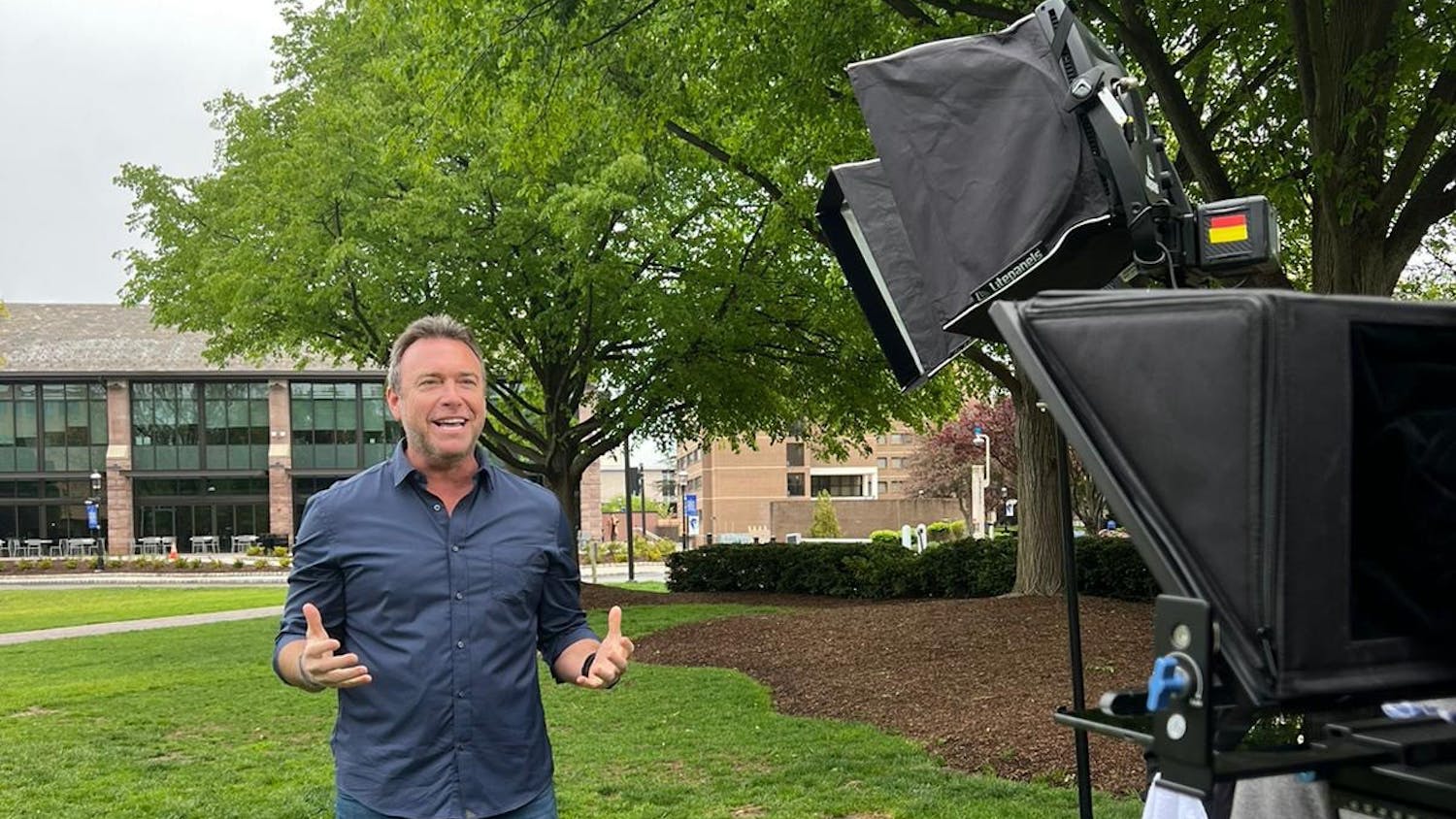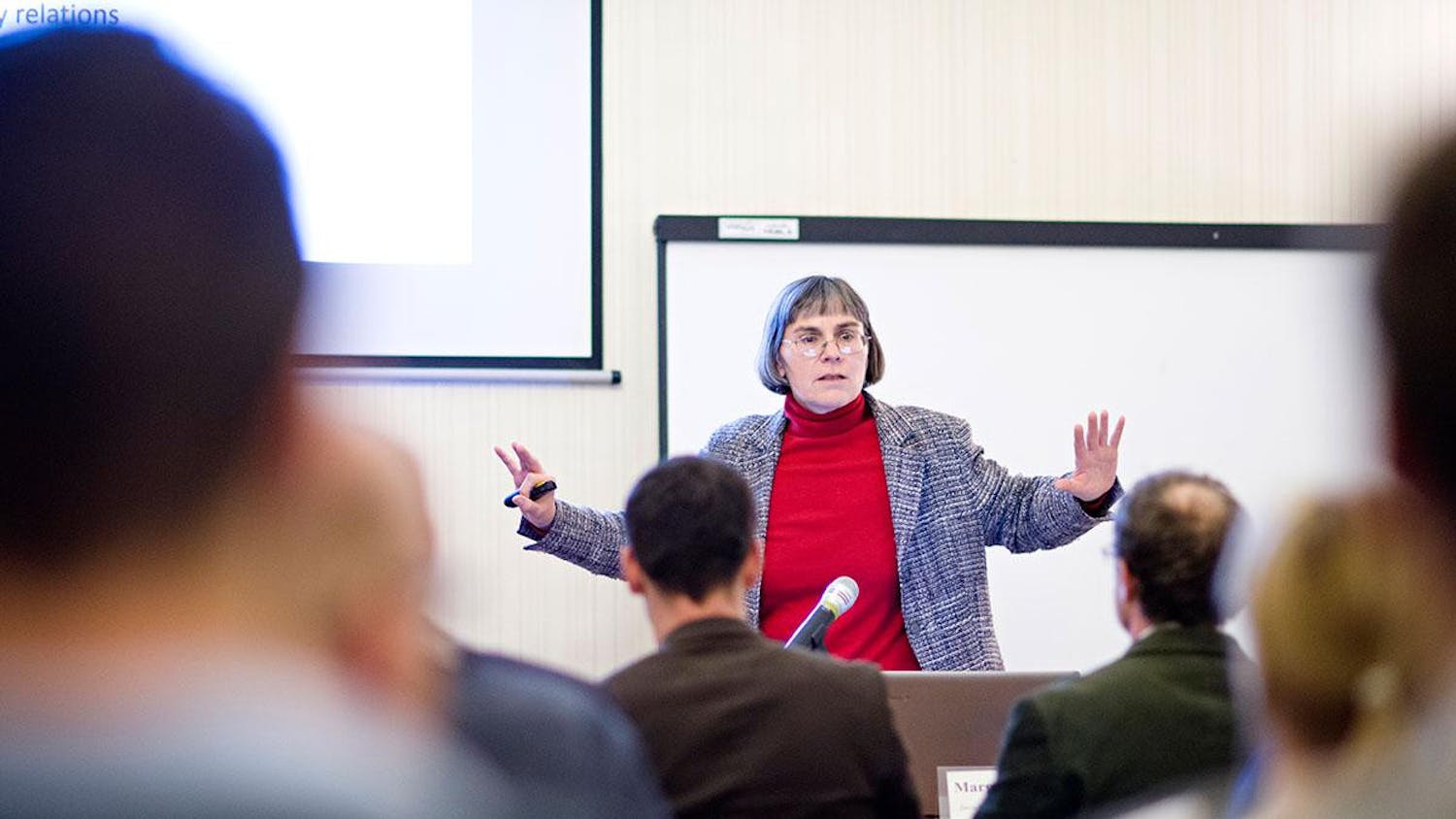The "Ban Bossy" campaign has gained traction in the past couple weeks due to influences ranging from the Girl Scouts to global female leaders. The campaign is trying to ban the word bossy as a description of a female leader who is in fact not bossy, but just being an assertive leader. Expert Dr. Raye Mitchell, who is the CEO and founder of The New Reality Foundation, said the campaign is important and necessary. "Regrettably and unfortunately for women and girls, the term 'bossy' has become code speak for the grown-up B-word," Mitchell said. "The term 'bossy' has become a means for arresting a girl's ability to assert her inner leadership drive, style and command of the situation. The term 'bossy' has been used to 'put girls in their place' and to compel them to step back and not to step forward and lead." This impetus for the campaign came from Sheryl Sandberg, COO of Facebook, with her book "Lean In." This book encourages women to pursue their ambitions. From there, LeanIn.org was created, the Girl Scouts then partnered with Lean In, and from there the "Ban Bossy" campaign really hit the ground running. With celebrities and female leaders such as Beyonce, Jennifer Garner, Jane Lynch and Condoleezza Rice joining their cause, "Ban Bossy" wants to change the stereotypes of female leaders. "Ban Bossy" wants to change the fact that by middle school, girls are less interested in becoming leaders than boys because they fear how they will be labeled. Amanda Gagne, a junior at SHU who is a women and gender studies minor and the president of the Women for Women International Club, is on board with this campaign. "The women and men behind this campaign clearly recognize the harm that such words and gender stereotypes can have on gender identity, academic and extracurricular interests and occupation choices," Gagne said. However, not all students agree that this campaign is sending the right message. Junior Faith Lauter disagrees that the word bossy should be banned because it is offensive. "The word bossy shouldn't be offensive to women because women have fought to be able to do things in general, so taking something away shouldn't be the solution," Lauter said. "I thought we had freedom of speech in this country." Rebecca White can be reached at rebecca.white@student.shu.edu.





